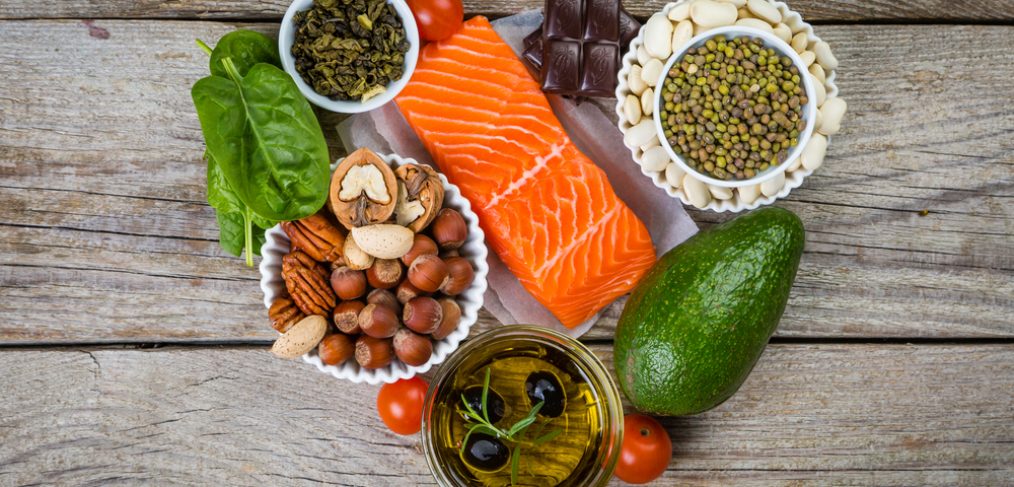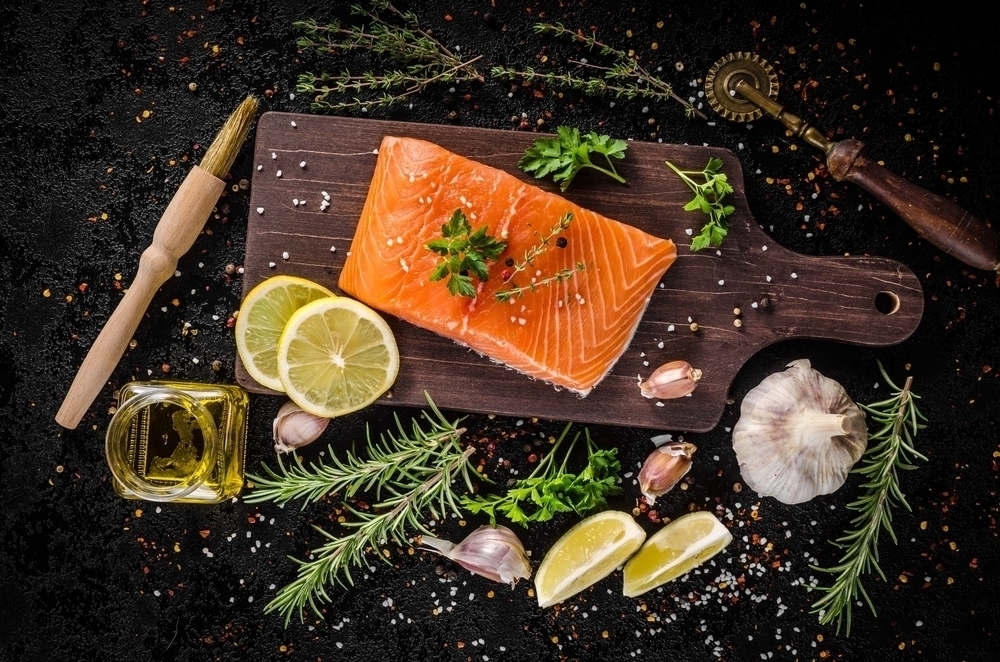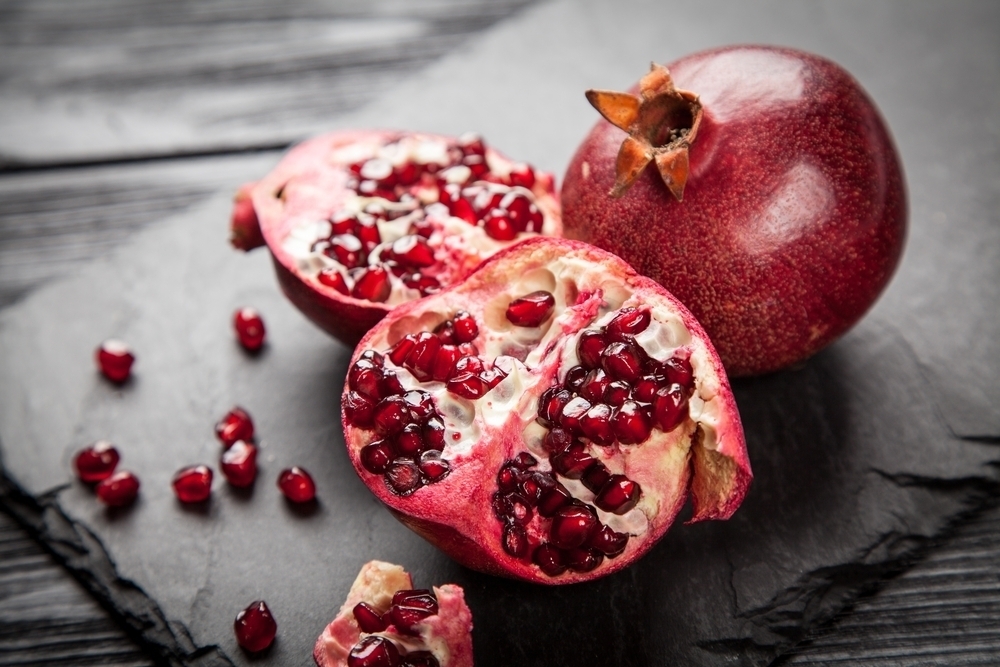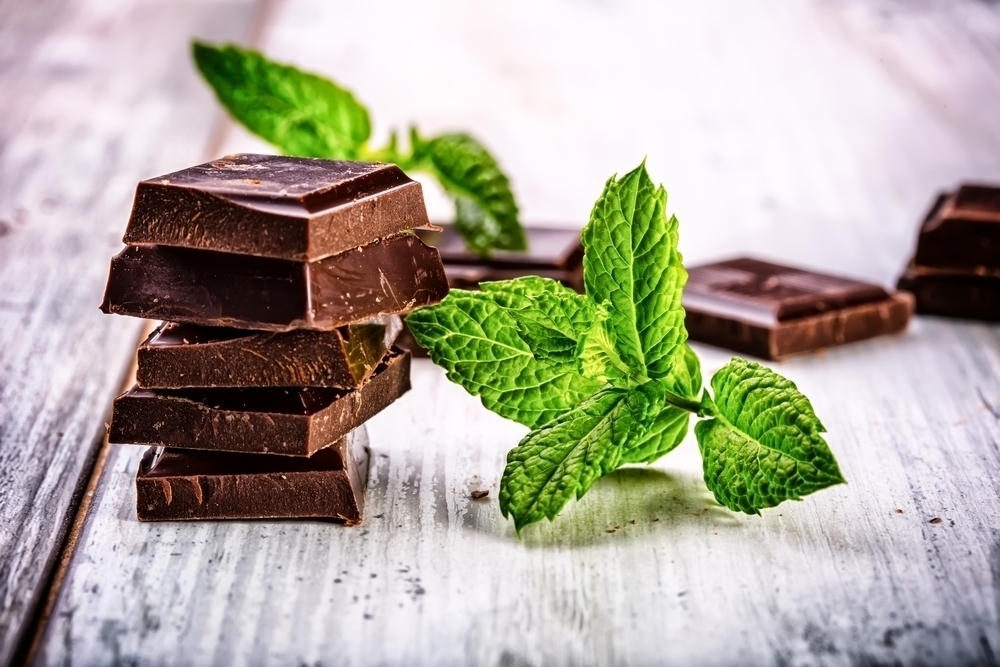You may have been hearing a lot about omega-3 fatty acids lately, and you may be wondering, what exactly are Omega-3 fatty acids? You’ve probably heard they were good for you; are they vitamins? Minerals? Animals? To clear up your confusion, or to add to it, omega -3 fatty acids are, well, fatty acids, which may not sound like something that’s good for you at all, but they are. That’s because they’re essential fatty acids, and we need them for normal metabolism. Now research shows that omega-3s have anti inflammatory properties that can help ward off a number of health concerns. What could this mean to the field of medicine? Take a look at what some experts are finding out about the inflammation- Omega-3 connection.
Omega 3 and Inflammation
Omega-3 fatty acids have long been studied for their extensive health benefits, many of which stem from their powerful anti-inflammatory properties. Since the reduction of inflammation has been associated with the risk for diseases, such as diabetes, cancer, and heart disease, it is suspected that omega-3s may have disease fighting benefits. Here are what investigations of the fatty acid has revealed so far in regard to disease prevention.
Heart Disease
Because omega-3 fatty acids can increase levels of good cholesterol and lower levels of bad cholesterol, it is being investigated as having the potential to reduce the risk of heart disease. Although omega -3s have not been shown to lower rates of heart attacks, directly, they have been associated with maintaining good heart health.
Arthritis
Individuals with rheumatoid arthritis, psoriasis, and lupus, may all be able to find a little comfort in increased omega-3 intake. Research suggests that the anti-inflammatory power of the fatty acid could reduce swelling, pain, and joint stiffness. A 2012 study showed that patients suffering from rheumatoid arthritis were able to decrease the dosage of anti-inflammatory medications they were taking by supplementing with omega-3s.
Cancer
The effects of omega-3 fatty acids on cancer are still under investigation, but preliminary findings indicate that they may help reduce colorectal cancer, in particular, and also may help to increase tolerance to chemotherapy.
Diabetes
Insulin resistance is a condition at the root of diabetes, in which the cells in the body to not respond properly to the effects of insulin. Although further investigation on whether or not Omega-3s can reduce the risk of type 2 diabetes is needed, omega-3 fatty acids have been shown to improve sensitivity to insulin in some studies.
Getting Your Omega-3s
After reading all this powerful evidence, you may be wondering how you can get your daily dose of omega-3s. Unfortunately, the body cannot produce its own omega-3s, but they can be gotten in certain foods. Fish is the best source of omega-3. The World Health Organization recommends consuming two servings of fish, such as salmon, mackerel, and sardines per week.
For those concerned about intake of heavy metals, or to whom fish does not appeal, omega-3s can also be found in plant sources, including flax seeds, chia seeds, and walnuts. Add these to your cereal or smoothie to up omega-3 intake.
Are you getting your omega-3’s? Let us know what your sources are and how they’re helping you.










